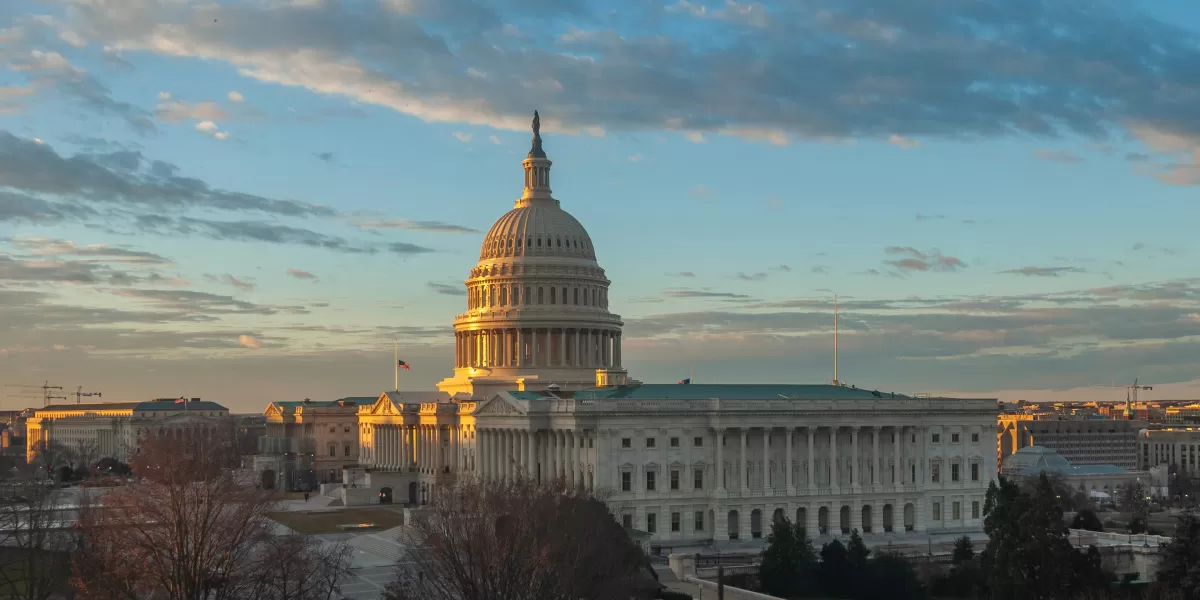Already a subscriber? Make sure to log into your account before viewing this content. You can access your account by hitting the “login” button on the top right corner. Still unable to see the content after signing in? Make sure your card on file is up-to-date.
Republican lawmakers in the Senate have passed a $9 billion rescissions package.
Some shit you should know before you read: If you’re unaware, a rescissions package is a mechanism that allows the president to propose canceling previously approved federal spending, which Congress must then approve within a limited time frame. It’s typically used to target funding that is deemed unnecessary. The Trump administration has frequently advocated for rescissions as a way to demonstrate its commitment to reducing government spending without renegotiating entire budget agreements. Instead of embedding these cuts into broader spending bills (which would require bipartisan consensus), rescissions packages allow the administration to pursue targeted rollbacks more quickly and with a simple majority in the Senate.

What’s going on now: In a 51–48 vote, the Senate approved a $9 billion rescissions package that targets previously authorized federal spending, primarily cutting funds from global aid programs and public broadcasting. The package includes more than $1 billion in cuts to the Corporation for Public Broadcasting (which funds outlets such as NPR and PBS) and nearly $8 billion from various international initiatives, including refugee relief under USAID and disaster response funding.
Senators Susan Collins (R-ME) and Lisa Murkowski (R-AK) were the only Republicans to join Democrats in opposing the measure. Murkowski criticized the package for undermining public media that provide emergency communication in rural Alaska, especially during natural disasters like the recent 7.3-magnitude earthquake. Collins expressed concern over the lack of transparency from the White House, stating, “Nobody really knows what program reductions are in it,” and argued that the administration failed to justify how cuts would be implemented.
Despite this, supporters of the bill, including Senate Majority Leader John Thune (R-SD), described it as a small but meaningful effort to curb federal spending, noting that the cuts represent only one-tenth of one percent of the total budget. Thune framed the move as the first significant use of a rescissions package in over 35 years and a symbolic return to fiscal discipline.







